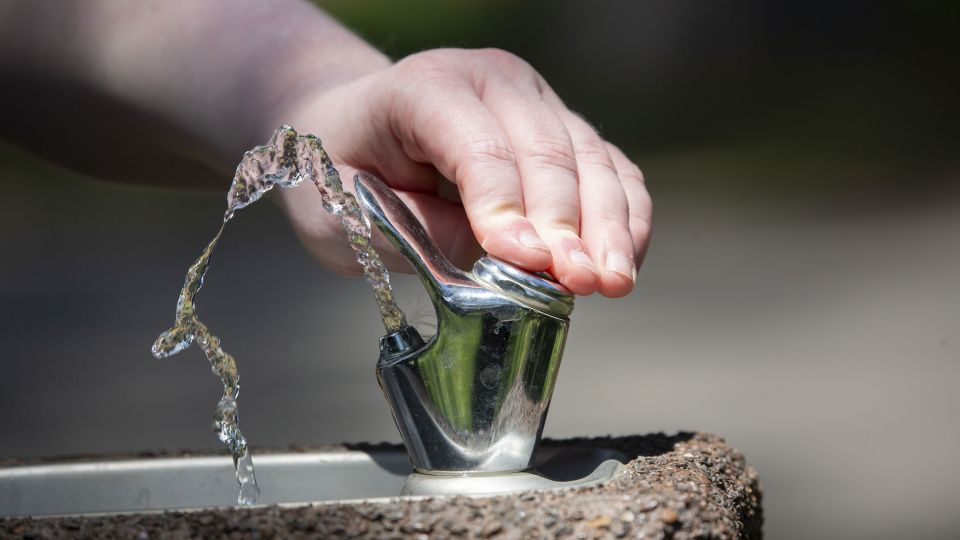Home / Health / Fluoride Study: Cognitive Boost, Not Harm
Fluoride Study: Cognitive Boost, Not Harm
20 Nov
Summary
- New research suggests typical fluoride levels aid cognition.
- Study contradicts claims of IQ loss from drinking water fluoride.
- Cognitive improvements seen in those with childhood fluoride exposure.

New research published in Science Advances offers a counterpoint to recent concerns regarding fluoride in drinking water. The study provides robust evidence that typical, recommended levels of fluoride exposure actually correlate with improved cognitive performance in young individuals. This finding challenges recent government studies that examined significantly higher fluoride concentrations, which were linked to lower IQ scores.
The lead author expressed surprise at previous findings and aimed to provide more policy-relevant data. The research analyzed cognitive test scores against historical community water fluoridation data for nearly 27,000 individuals. Students with childhood exposure to fluoride, both partial and consistent, showed higher test scores, with greater benefits for those with lifelong exposure.
Experts emphasize that this new research focuses on standard public health levels, distinct from toxic doses. While not a direct IQ measure, cognitive tests show strong correlation. This study suggests that the long-standing public health practice of water fluoridation may offer cognitive benefits and does not contribute to cognitive decline in aging, while also reinforcing its known dental health advantages.



